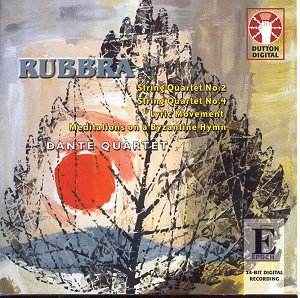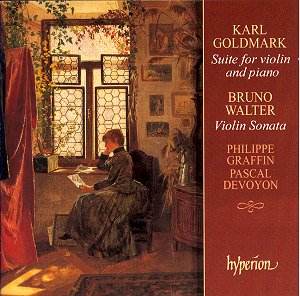 Composer: Anton Bruckner
Composer: Anton Bruckner
Works: Symphony No. 8
Performers: Saarbrücken Radio Symphony Orchestra, Stanislaw Skrowaczewski (conductor)
Recording: Recorded at Kongresshalle, Saarbrücken, October 8 and 9, 1993
Label: Arte Nova 74321 34016 2 (2 CDs)
Bruckner’s Eighth Symphony, a monumental work often shrouded in the composer’s own insecurities and revisions, reflects the profound depth of his spiritual and artistic journey. Completed in 1887, it stands as a testament to Bruckner’s fusion of symphonic tradition and his distinct harmonic language. The work, particularly in its later revisions, serves as a bridge between the Romantic and early Modern eras, encapsulating both grand architectural forms and the emotional weight that characterizes Bruckner’s oeuvre. Stanislaw Skrowaczewski’s interpretation with the Saarbrücken Radio Symphony Orchestra offers a compelling exploration of this complex symphony, recorded during two live performances that capture the essence of Bruckner’s expansive sound world.
Skrowaczewski’s reading of the Eighth is marked by its carefully calibrated pacing, which, at 82 minutes, may initially seem deliberate. However, this interpretation reveals its true artistry through the interrelatedness of tempi and the conductor’s keen understanding of Brucknerian syntax. The nuances of the orchestral fabric are continually highlighted, with the conductor’s ability to shape climaxes that are both robust and eloquent. The performance demonstrates a thorough engagement with the score, as evidenced by the striking dynamic contrasts and the organic flow of musical ideas. In particular, the introduction of the veiled string tone at 5:12 in the Adagio showcases the subtlety of Skrowaczewski’s approach, where each phrase is imbued with a contemplative weight that enhances the emotional arc of the movement.
The Saarbrücken Radio Symphony Orchestra delivers commendable playing, characterized by a vibrant and responsive ensemble that navigates Bruckner’s intricate orchestration with sophistication. While some moments might benefit from a more individualistic soloistic touch, the orchestra’s collective sound is cohesive, and they exhibit a deep understanding of Bruckner’s stylistic demands. The engineering on this recording deserves special mention; the sound is clear and well-balanced, allowing the listener to appreciate the lush textures and resonant sonorities that define Bruckner’s orchestral palette. The engineering captures the grandeur of the symphony without losing the intimate details, such as the delicate interplay of woodwinds and strings in quieter passages.
While Skrowaczewski’s performance may not displace the towering interpretations by Karajan or Knappertsbusch, it stands as a compelling entry in the ever-expanding discography of Bruckner’s Eighth Symphony. The recording is not merely a replication of the score but rather a thoughtful re-examination of its profound musical language. In an era when Bruckner is celebrated for his symphonic innovations, this rendition offers a rich perspective that is worthy of attention. It invites both Bruckner enthusiasts and newcomers alike to engage with the symphony’s spiritual and structural complexities, providing a well-recorded and thoroughly convincing account that resonates with the listener long after the final chords have faded.



